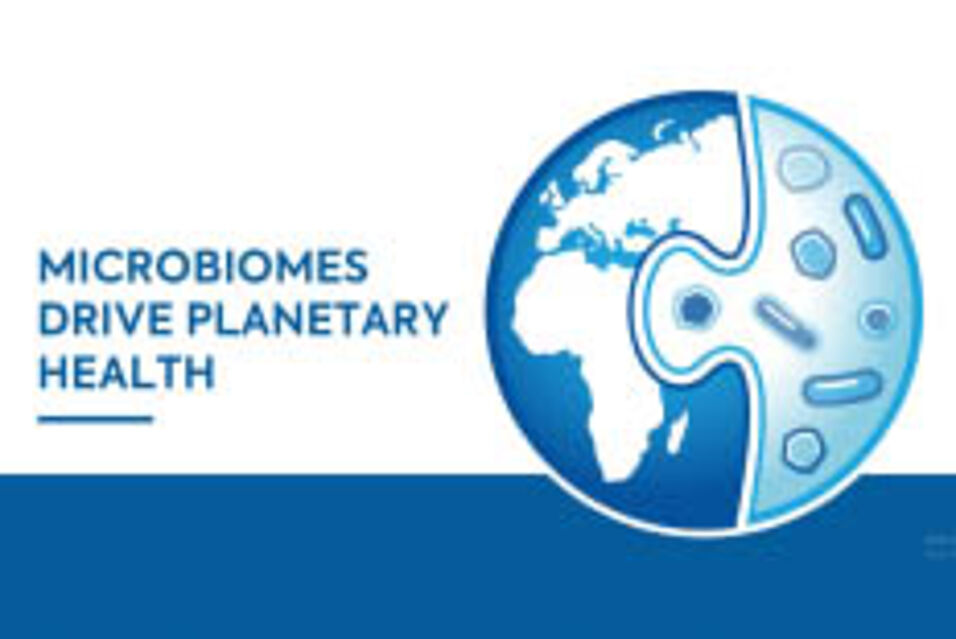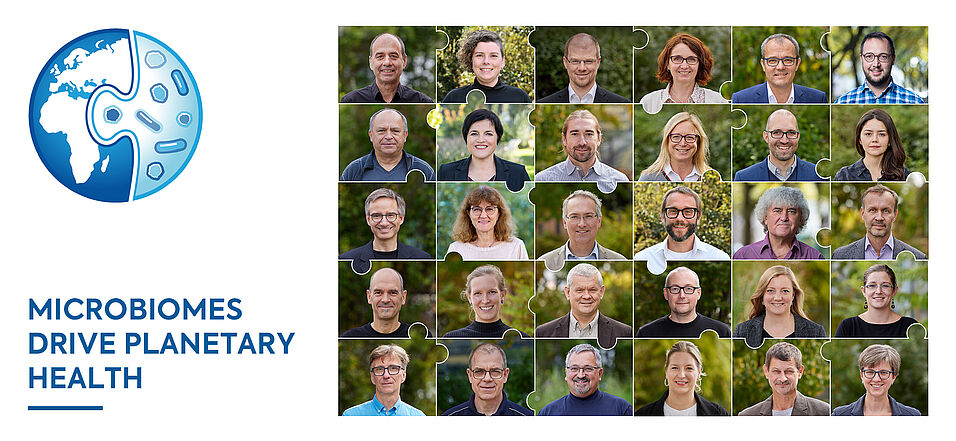"We are delighted to have the opportunity to combine and further develop microbiome research and research on planetary health, two of the most important research areas of the 21st century," says Michael Wagner, scientific director of the cluster. The University of Vienna is working with the Austrian Institute of Technology (AIT), the Institute of Science and Technology Austria (ISTA), the Medical University of Graz, the Austrian Academy of Sciences with the Research Center for Molecular Medicine (CeMM), the TU Vienna and the Johannes Kepler University Linz. The aim of the consortium is to gain a functional and mechanistic understanding of environmental and host-associated microbiomes, in order to better identify the many services they provide and to more efficiently manipulate them for the benefit of planetary health. To achieve this transformative goal, the Cluster of Excellence aims to exploit new synergies by breaking down the boundaries between environmental and medical microbiome research in Austria.
The Cluster of Excellence (CoE) "Microbiomes Drive Planetary Health" will receive €21 million in funding from the Austrian Science Fund (FWF) over five years. The FWF will provide 60% of the funding for the individual clusters, with the remaining 40% coming from the participating research institutions' own funds. The CoE will start its work in summer/autumn 2023.
FWF approves Cluster of Excellence with CeMESS lead


